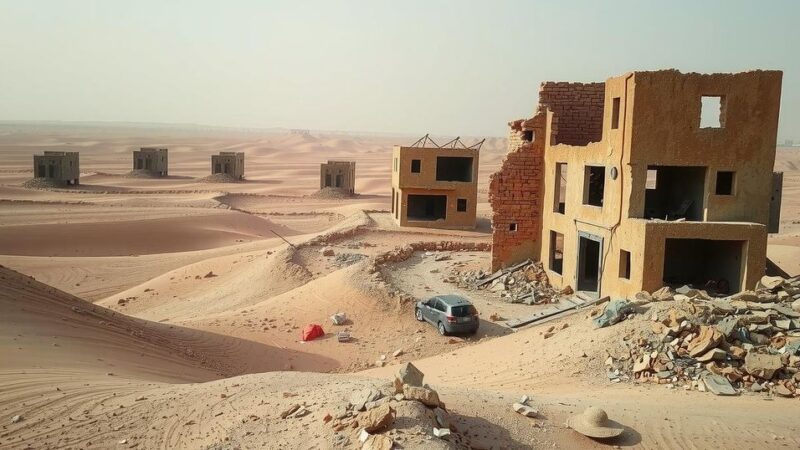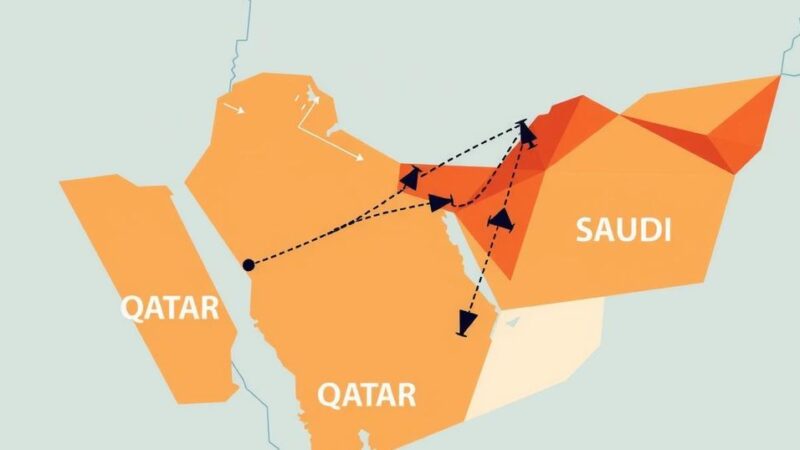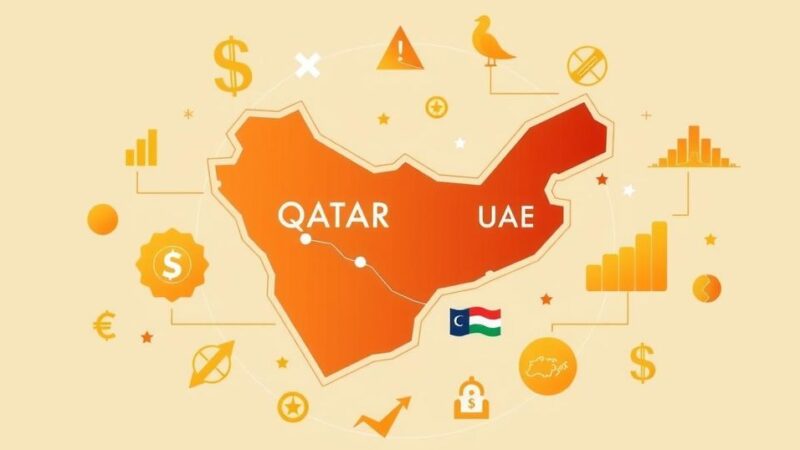A landmark deal between the SDF and the Syrian government aims to integrate Kurdish forces into state institutions, recognizing Kurdish rights and citizenship. While this agreement has sparked celebrations and offers hope for a new era of equality, significant challenges in implementation and ongoing violence in the region present potential obstacles to achieving its full potential.
A recent landmark agreement between the Syrian Democratic Forces (SDF) and the Syrian government in Damascus potentially marks a significant shift in northeast Syria amid ongoing unrest. This deal, which attempts to integrate civilian and military institutions of the SDF into the Syrian state, is seen as a crucial step forward for the Kurdish population long marginalized within Syria. It promises full citizenship and constitutional rights for the Kurds, igniting celebrations across various cities in the country.
The eight-point agreement, signed by SDF commander Mazloum Abdi Shaheen and Syrian interim President Ahmed al-Sharaa, proposes a state structure that promotes the rights of all Syrians regardless of their ethnic or religious backgrounds. This accord outlines the integration of all SDF-controlled entities into state institutions and emphasizes the return of displaced persons, particularly Kurds who faced displacement due to conflicts with pro-Turkey factions.
Abdi expressed optimism regarding the implications of the deal, stating it presents a genuine opportunity to “build a new Syria that embraces all its components.” This initiative has garnered support from various sectors, including political analysts and international figures, who view this integration as paramount for achieving stability and equality in the region.
Despite the agreement’s positive potential, observers caution that significant challenges remain. Analysts suggest that while this agreement may stabilize the Syrian state, turning it into actionable reforms that satisfy all parties involves a lengthy and complex process amid competing external influences. The reality of how effectively the agreement will be implemented remains uncertain, especially given the backdrop of ongoing violence across Syria.
Furthermore, the agreement poses questions about the fate of captured Islamic State (IS) fighters and their families currently held in SDF-managed facilities. Concerns about implementation persist, with some SDF officials noting that the agreement is still in the early stages and will require careful negotiation to realize its full potential.
The SDF has also committed to supporting the Syrian state against any security threats, adding another layer to the complicated relationship dynamics between the Kurdish forces and the Syrian government. Observers recognize the importance of maintaining dialogue to prevent future conflicts, particularly in regions previously affected by clan violence and political strife.
In conclusion, the recent agreement between the SDF and the Syrian government is regarded as a watershed moment that could redefine Syrian statehood, subject to successful implementation and ongoing stability amid a precarious geopolitical landscape. While the prospects for a new era of cooperation and equality appear promising, systemic issues, such as national security and humanitarian concerns, must be addressed to ensure comprehensive and lasting peace in the region.
The recent landmark agreement between the Syrian Democratic Forces and the Syrian government signifies a pivotal moment for the Kurdish population and Syria as a whole. While it holds the potential for greater equality and citizenship rights for the Kurds, practical implementation remains fraught with challenges. The international community’s support will be crucial in fostering a stable and democratic environment, ensuring the deal translates into tangible benefits for all citizens and thus promoting long-term peace in Syria.
Original Source: www.middleeasteye.net






